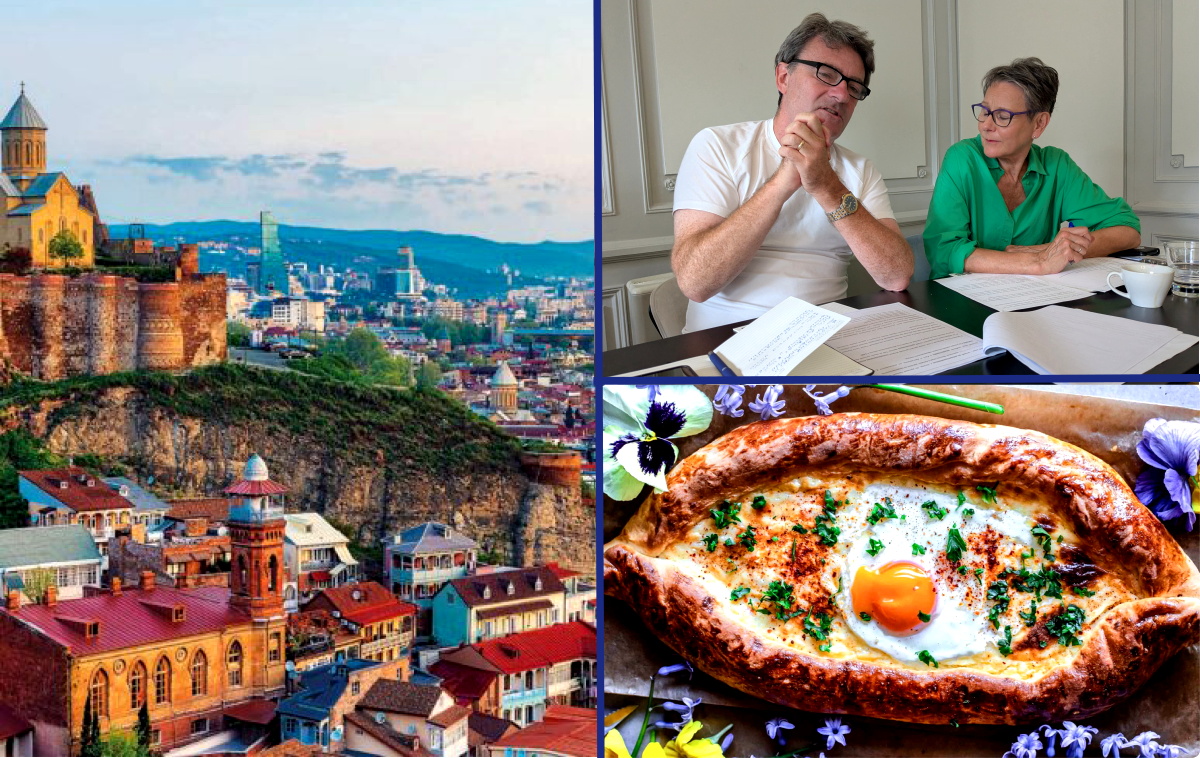[ad_1]
[ad_2]
Source link

[ad_1]
[ad_2]
Source link
[ad_1]
[ad_2]
Source link

[ad_1]
[ad_2]
Source link

[ad_1]
[ad_2]
Source link

[ad_1]
[ad_2]
Source link

[ad_1]
This website uses Google Analytics to collect anonymous information such as the number of visitors to the site, and the most popular pages.
This website uses Pixel Facebook to better measure, optimize, and retarget our marketing campaigns.
This website uses AdSense to enable an analysis of the use of the website and to allow third party vendors, including Google, to use cookies to serve ads based on a user’s prior visits to this website or other websites.
Keeping these cookies enabled helps us improve our website.
[ad_2]
Source link

[ad_1]
[ad_2]
Source link

[ad_1]
Лучший опыт изучения языка это:
– Прекрасный новогодний город.
– Интенсивные уроки в отличной компании с опытным учителем.
– Вкуснейшая кухня.
– Богатая культурная программа!
The best language learning experience is:
– Beautiful New Year city.
– Intensive lessons in great company with an experienced teacher.
– Delicious food.
– A rich cultural program.
Этой зимой я приглашаю вас провести пять дней вместе в Тбилиси, столице Грузии!
Грузия известна своим гостеприимством, уникальной культурой, а также очень вкусной едой и винами. В Старом Тбилиси вы почувствуете себя как дома, гуляя по узким улочкам и заглядывая в уютные кафе. Для граждан многих стран в Грузии действует безвизовый режим, а уровень жизни дешевле, чем в Европе или Северной Америке.
Хотя официальным языком Грузии является грузинский, на русском в совершенстве говорят 30% жителей Тбилиси. Поэтому, помимо уроков, у нас будет возможность для его практики во время нашей культурной программы. У нас будет экскурсия по городу, дегустация вин и кулинарный мастер-класс.
This winter, I invite you to spend five days together in Tbilisi, the capital of Georgia!
Georgia is known for its hospitality, unique culture, and delicious food and wine. In Old Tbilisi, you will feel right at home, strolling along the narrow streets and popping into cozy cafes. Citizens of many countries have a visa-free regime with Georgia, and the cost of living is cheaper than in Europe or North America.
Although the official language of Georgia is Georgian, 30% of Tbilisi residents speak Russian fluently. Therefore, in addition to lessons, we will have the opportunity to practice it during our cultural program. We will have a city tour, wine tasting, and a cooking master class.
Наши встречи проходят только на русском языке. Мы ставим акцент на разговорную практику. В этот раз я выберу для вас темы, связанные с историей, гастрономией и культурой. Мы также обратим внимание на интересные грамматические аспекты, где вы часто делаете ошибки. После обеда мы также постараемся говорить только на русском. Полное погружение в язык!
During our classes, we only use Russian, focusing on speaking skills. This time I will choose topics related to history, gastronomy and culture. We will also pay attention to interesting grammar points where you often make mistakes. After lunch, we will also try to speak only Russian. Full language immersion!
Даты: 5-9 января 2026 года (5 дней)
Место: Shota Boutique Hotel 4*
Максимальное количество участников: 12 человек.
Уровень: В1-В2 (пример текста).
Стоимость: 530 евро
Что входит в стоимость?
– Уроки русского языка с 10.00 до 13.00 (5 дней).
– Аренда класса
– Организация культурной программы после обеда.
В стоимость не входит:
– Гостиница (бюджет: 100 евро в день, скидка для участников от отеля).
– Дорога
– Еда (обед, ужин)
– Оплата музеев и экскурсий (по желанию).
– Вы можете приехать с мужем, молодым человеком, кошкой… Единственное условие: во время уроков и культурной программы мы говорим только по-русски
Dates: 5-9 January 2026 (5 days)
Location: Shota Boutique Hotel 4*
Maximum number of participants: 12 people.
Level: B1-B2 (text sample).
Price: 530 EUR
What is included in the price?
– Russian language lessons from 10:00 to 13:00 (5 days).
– Classroom rental
– Organization of a cultural program after lunch.
The price does not include:
– Hotel (budget: 100 euros per day, hotel discount for participants).
– Travel
– Food (lunch, dinner)
– Museums and tours (optional).
– You can come with your wife, your boyfriend or your cat. The only condition: during lessons and the cultural program we speak only Russian
Что говорят участники других стажировок? What do participants of other stays say?
“Эта стажировка была просто незабываемой: я многому научилась, и мне очень понравились все экскурсии. Группа была дружелюбной, город прекрасный, а гостиница очень комфортная с отличным завтраком.”
“Мне очень понравилось всё: занятия, экскурсии, ужины, отель, дружелюбная атмосфера, город… Ты не могла бы организовать всё лучше. Огромное спасибо!”
“Всё просто было супер ! Отличная команда, топ-преподавательница, прекрасный город!”
“Очень хорошо организовано, приятно встретить новых людей, приятно видеть новые места, хорошо обменяться опытом. Мне понравилась тоже атмосфера. Спасибо, Таня!”
“Было весело; интересные мероприятия; веселые у частники. Полезные упражнения и полезное повторение грамматику!”
“Было замечательно, мне очень понравилось. Все участники были приятные, позитивные и хотели учиться. Я благодарен твоей работе: организовать всё, найти интересные занятия после уроков, и подготовить и проводить курс. Хороший микс грамматики, дискуссии и упражнений.”
“Это было приятно и радостно. Мне очень понравилось. К тому же состав группы был хороший.”
“Просто чума!”
Вам интересно поучаствовать?
Пишите на tatiana@russianpodcast.eu (обязательно на русском).
Вы не уверены в своём уровне русского языка? Мы можем встретиться онлайн, и я помогу вам определить его!
Would you like to take part in this course?
Contact me: tatiana@russianpodcast.eu (in Russian).
You are not sure about your level of Russian? We can meet online and I will help you to identify it!
The post Зимняя стажировка в Тбилиси с Таней appeared first on Русский Подкаст.
[ad_2]
Source link

[ad_1]
[ad_2]
Source link

[ad_1]
[ad_2]
Source link